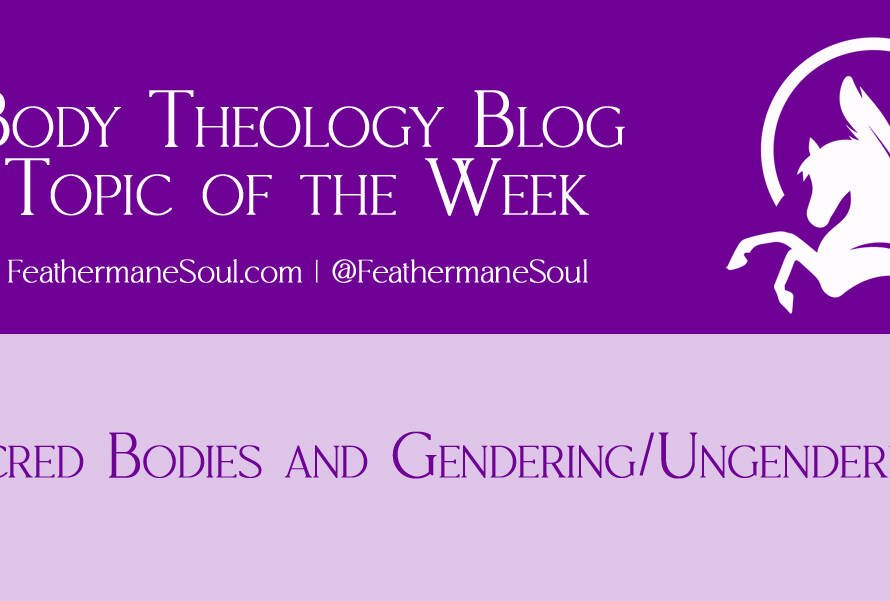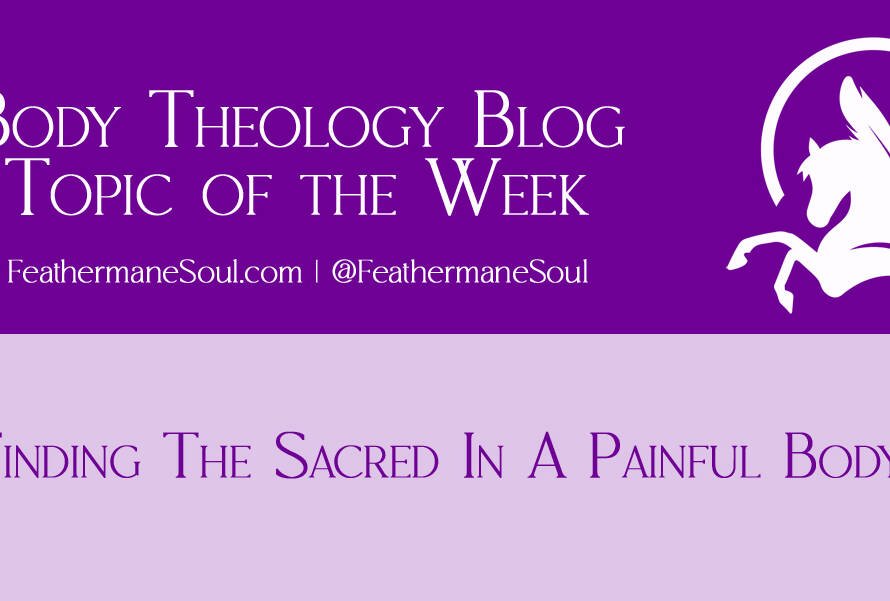I’m getting ready to defend my thesis on Friday and one of the core aspects of it is personal gnosis, commonly called unverified personal gnosis or UPG. Gnosis comes from a Greek noun which means knowledge, and if you search the definition the Oxford dictionary (as listed by Google) gives an even more detailed definition of “knowledge of spiritual mysteries”. The personal part of personal gnosis clarifies this knowledge as that which we know based on our own embodied, lived experiences. The reason why people put unverified in front of it is because often we cannot quantitatively verify other people’s internal experiences. In fact, I’d say that’s something we can rarely do. We must believe their lived experiences, or in other words, take their word for it.
Body theology is a lot of personal gnosis. I don’t want to say that it’s unverified because we can verify and determine our own experiences. It’s just that other people often can’t replicate them or have a different interpretation. And that’s okay. When we’re talking about spirituality, and our spiritual stories more specifically, then our embodied experiences, that personal gnosis, becomes our north star.
Knowledge lives in our bodies. It’s one thing to think about emotions and where emotions reside in our bodies. The feeling of a stomach that is worried about something; the tenseness of your shoulders before a difficult meeting at work; those things are part of the personal gnosis. Our bodies know, and our bodies remember, even if we don’t on a conscious level.
Working with your own personal body theology means believing your personal gnosis. It means understanding the ways in which this knowledge lives in and inhabits your body, and thinking about how that impacts the way you move, the way you feel, and the ways in which your body sends feedback. The subtle emotions and feelings that are felt in the body are part of the personal gnosis just as much as the big ones, the ones that scare us, and the ones that remind us of things that we would like to forget. Mapping the knowledge of personal gnosis includes and involves mapping our body theology.
And all of this ties into our spiritual stories and the ways in which our spirituality affects our bodies, moves through our bodies, and most importantly of all, includes our bodies.


